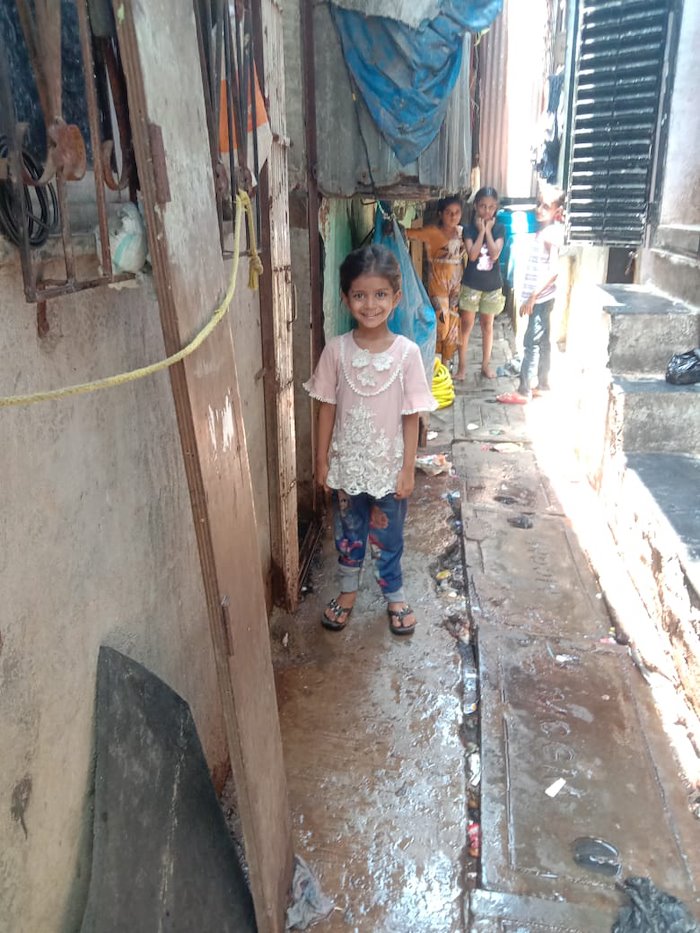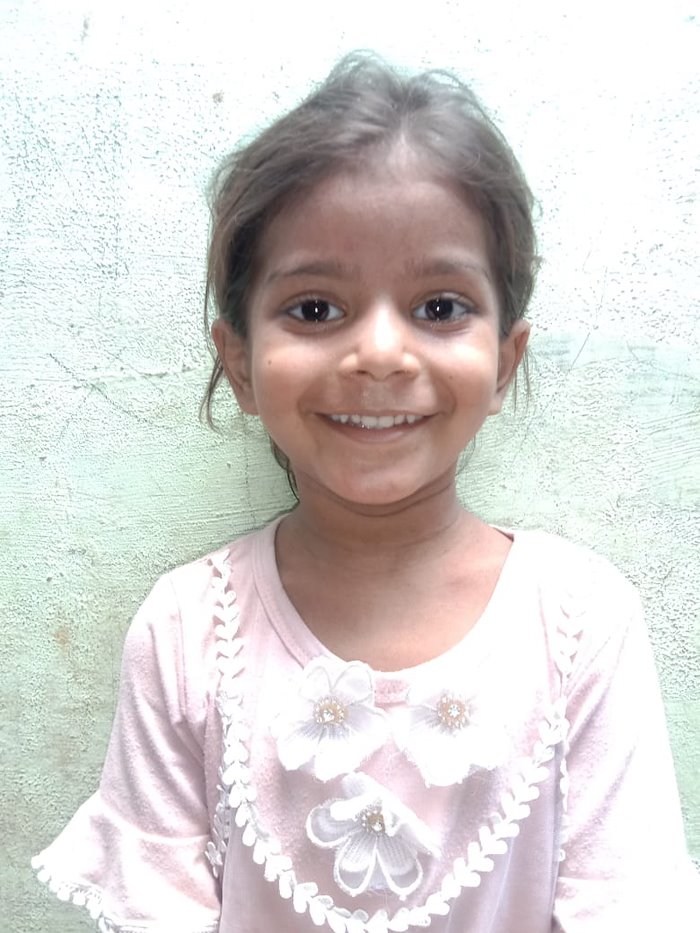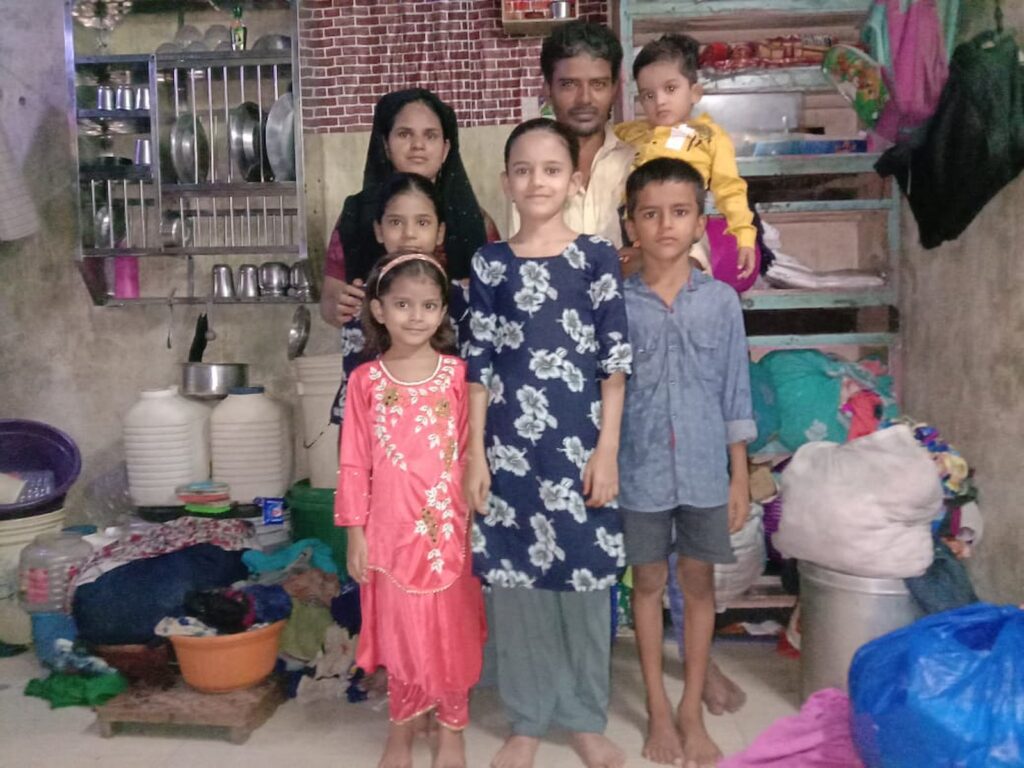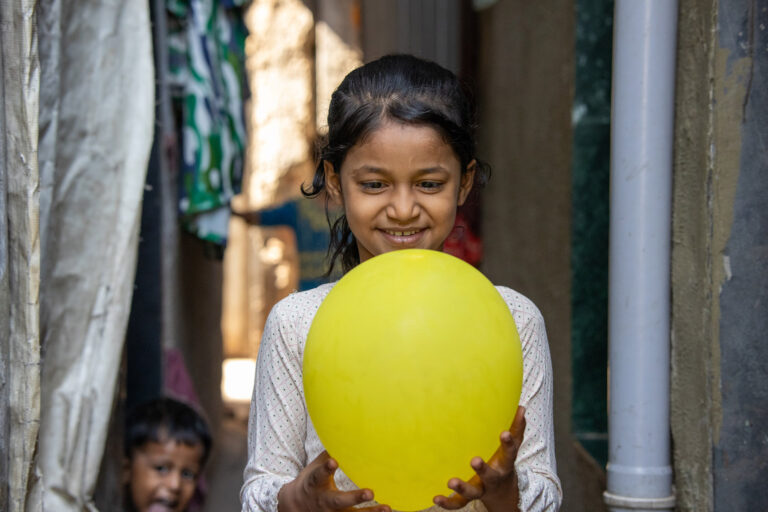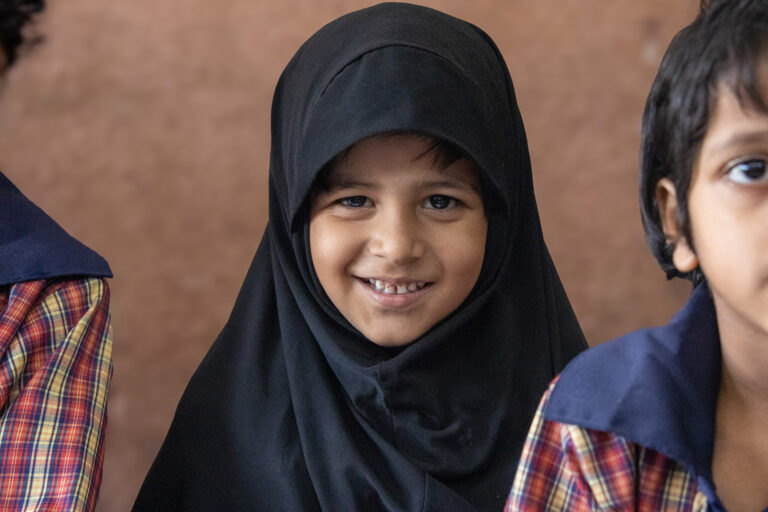Six-year-old Falak has known a broken home for far too long. Her father struggles with addictions to alcohol, gutka and tobacco and in his stupor, he has hit out far too often on her mother. Things went from bad to worse during the first lockdown in India in March 2020.
Our Vision Rescue classrooms in Falak’s slum community closed down, and she couldn’t come to the one safe, fun place she had grown to love over the last year. During the initial months of the lockdown, we were able to transition over 400 of our children in the slum communities into online learning, if they had access to at least one working smartphone in their homes. Falak wasn’t one of those children, as neither of her parents owned a working device with Internet access.
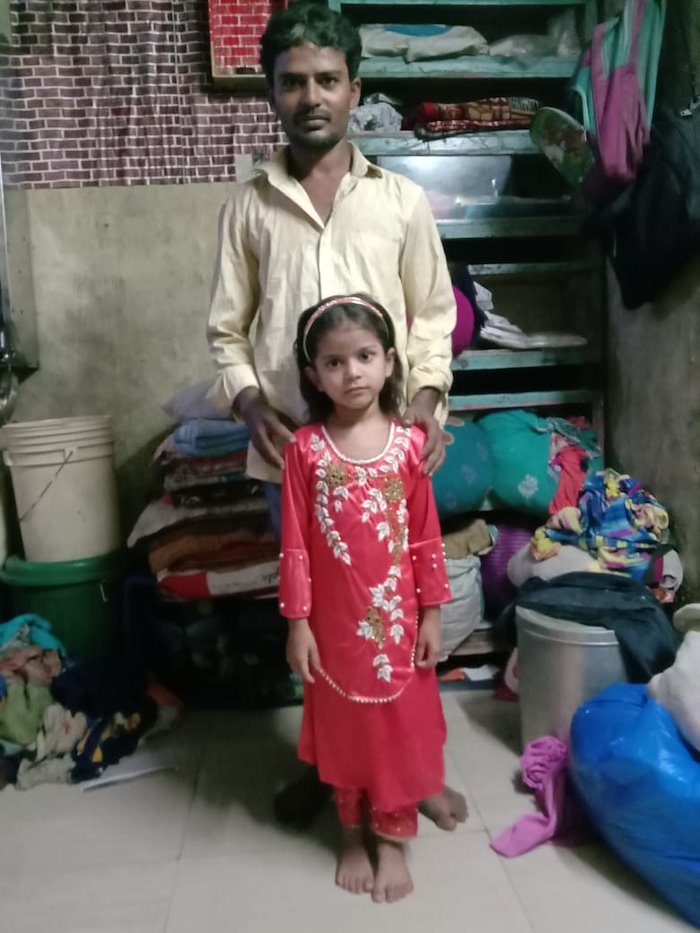
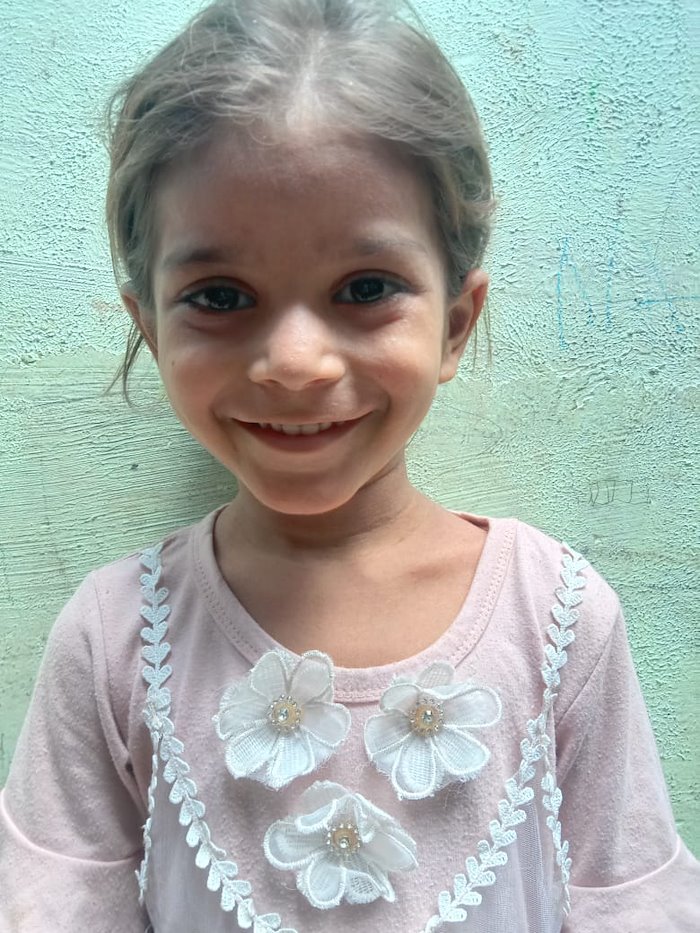
Falak lives in a small hutment in one of the poorest slums in Mumbai, near the city’s largest garbage dump. Falak’s mother cooks on a firewood stove as they cannot afford a cooking-gas connection. Before the lockdown, her father used to earn Rs. 150 (approx 2US$) a day as a daily-wage labourer, but once the lockdown hit that meagre income stopped coming in as well.
What little money he had, was spent on fueling his addictions. There was a point when he wouldn’t even give Falak’s mother money for daily expenses. Falak’s mother fell ill, and required admission in a hospital, but the family didn’t have finances to cover these basic costs. She remained unwell and untreated at home until our case workers got to know of the family’s plight.
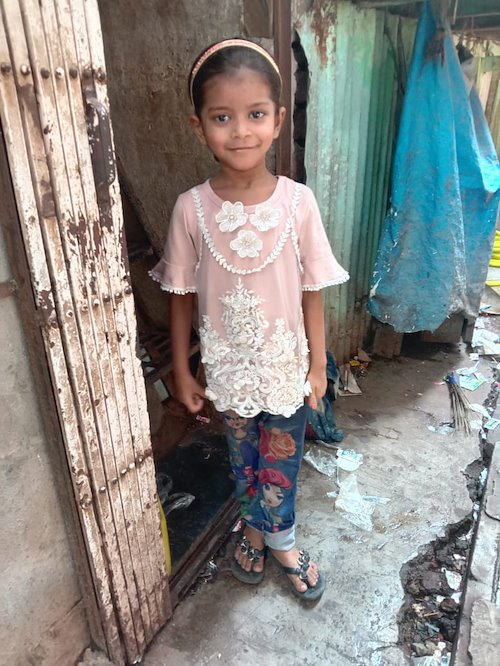
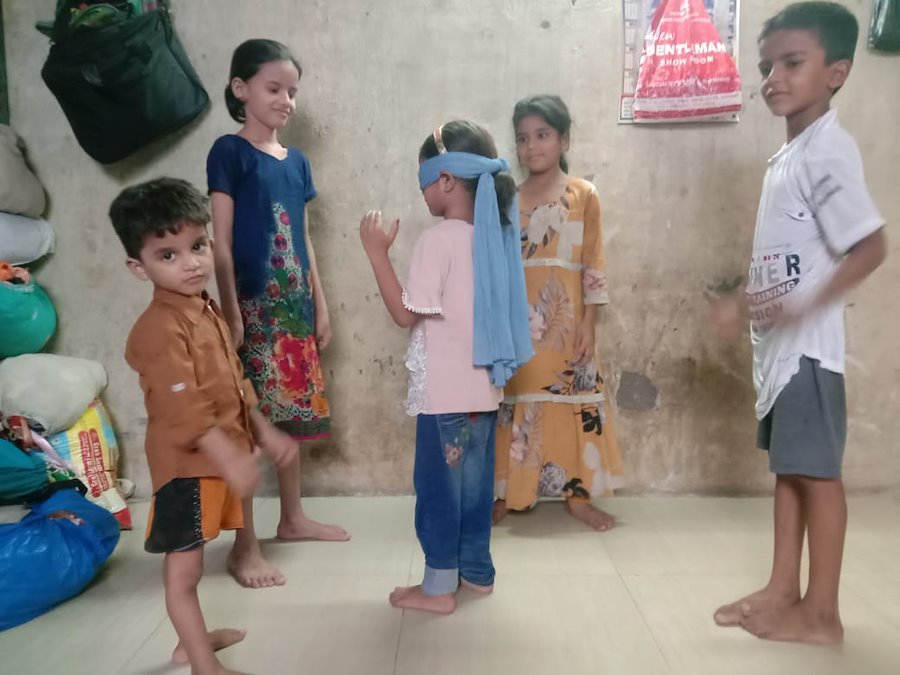
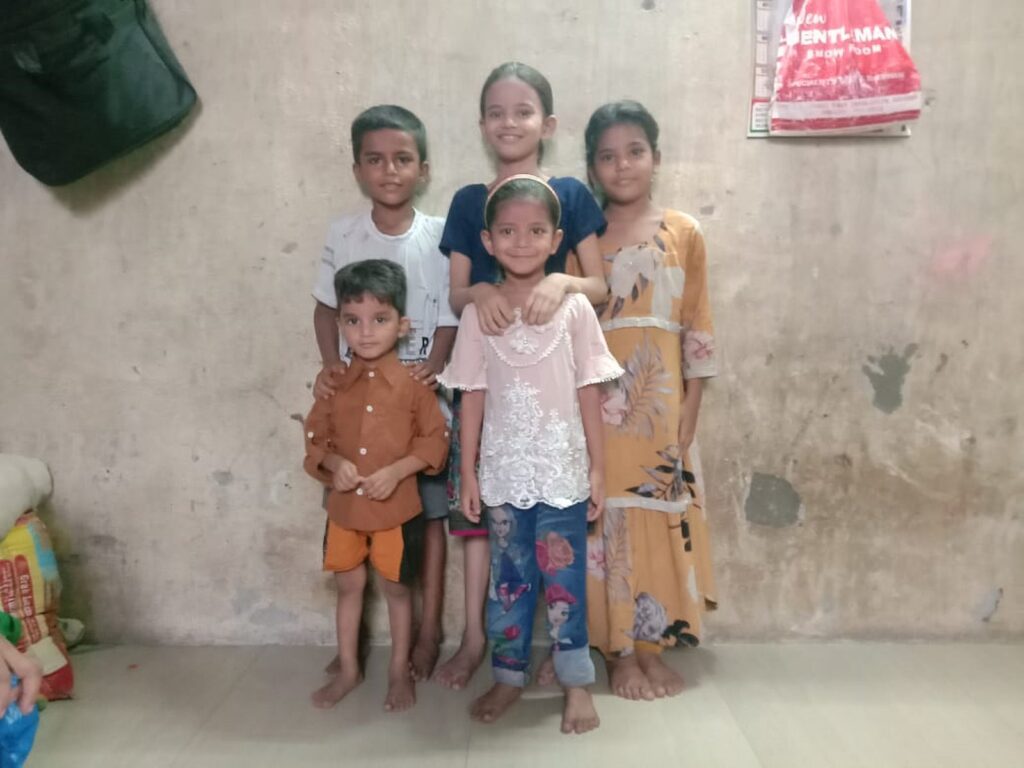
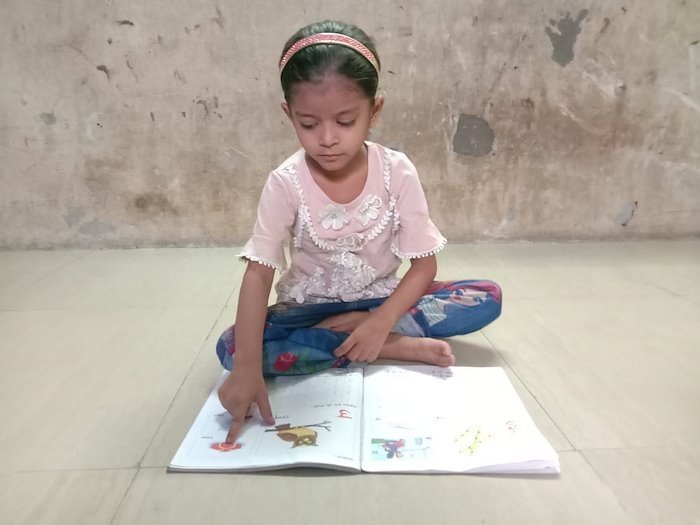
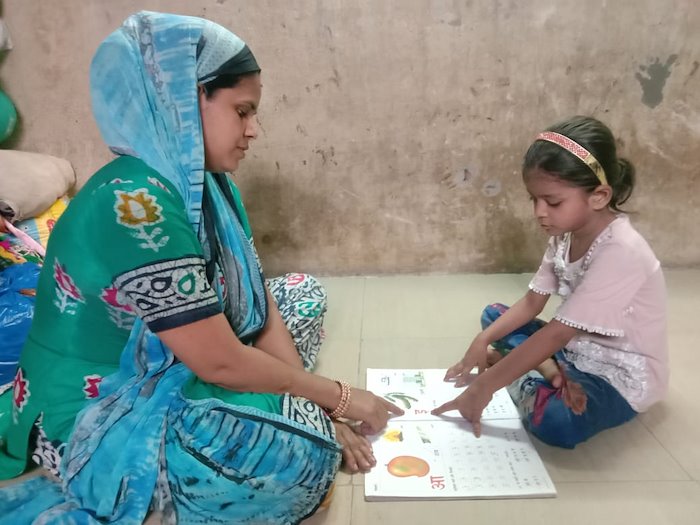
Vision Rescue Education Representatives are youth within our target slum communities who have completed basic education and have a smartphone. Our teachers have trained these Representatives to go to the homes of children on their gully (street) who don’t have access to a smartphone, and teach them the day’s portions on the Representative’s phone.
In this manner, little Falak could catch up on her education! She dreams of becoming a doctor when she grows up so that she can help patients in need of medical help like her mother.
